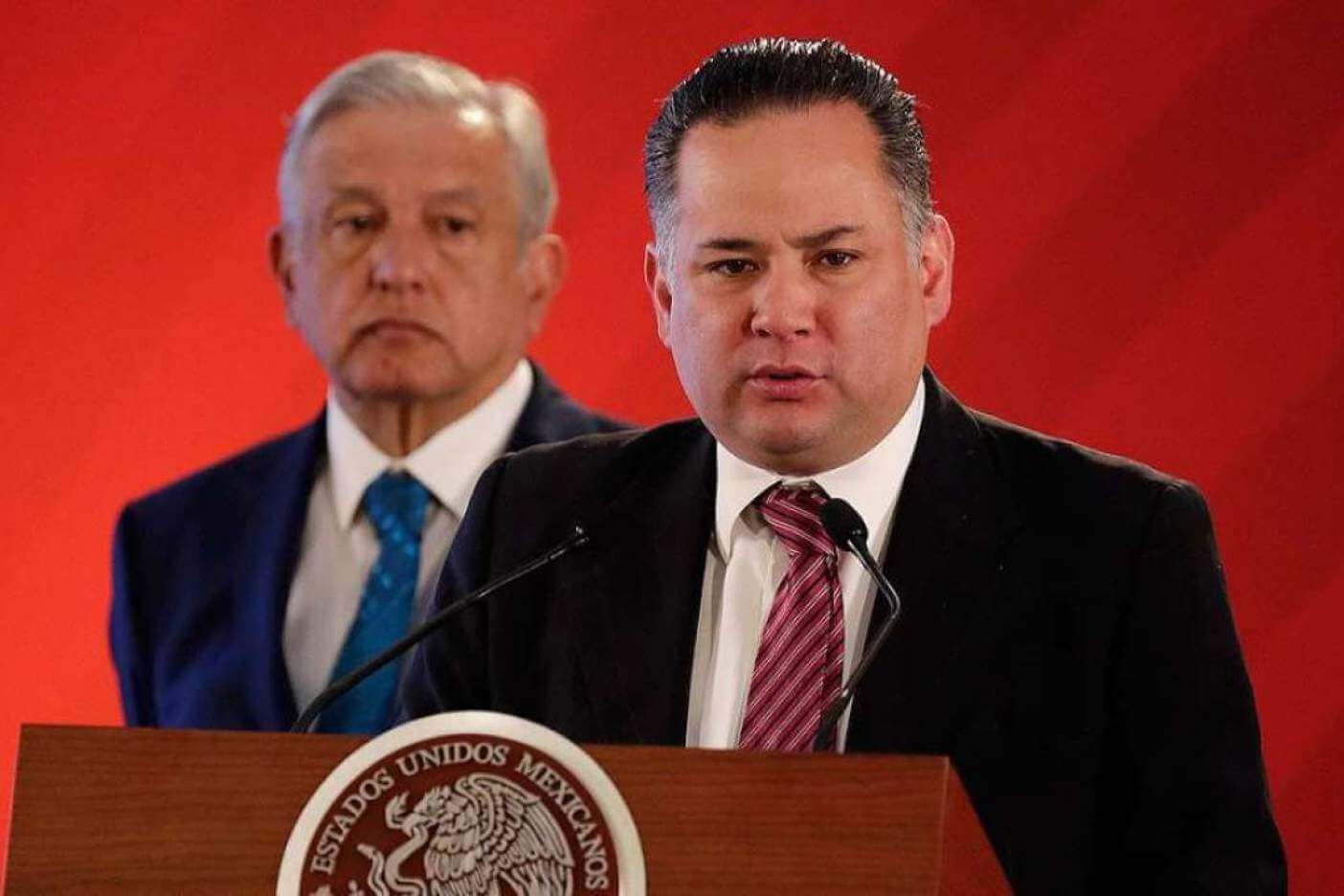Days after Mexican President Andrés Manuel López Obrador (AMLO) said he would sell gasoline to Venezuela, the United States Treasury Department’s Office of Foreign Assets Control (OFAC) blacklisted Mexican company Libre Abordo and another related firm. The department’s website says that sanctions have been imposed on three individuals, eight foreign entities for their “activities in or associated with a network attempting to evade United States sanctions on Venezuela’s oil sector”. The Treasury argues that this network eased the route for the resale of in excess of 30 million barrels of ‘Venezuelan-origin’ crude, which intentionally evades US sanctions placed on Venezuelan state-owned oil company PDVSA.
Alongside Libre Abordo, the related Schlager Business Group and their co-owners, Mexican nationals Olga Maria Zepeda Esparza and her mother, Veronica Esparza Garcia, were also slapped with sanctions. Libre Abordo and the Schlager Business Group began facilitating the resale of Venezuelan crude in Asian markets after signing an agreement with Venezuelan President Nicolás Maduro’s government in 2019. The report also takes aim at Joaquin Leal Jimenez, who is alleged to have worked in tandem with Colombian businessman Alex Saab. It is estimated that this partnership and the ensuing re-sale of Venezuelan crude accounted for almost 40% of PDVSA’s oil exports in April.
They argued that it was an “oil-for-food pact” that was exempt from US sanctions, given that Mexican companies would deliver 210,000 tonnes of corn in return. However, although 500 water trucks were exchanged for the oil, food was never delivered. Moreover, the water was delivered at what the Treasury Department describes as “grossly inflated prices”, in a scheme which US Secretary of State Mike Pompeo says “skimmed millions from funds that were claimed to have been for humanitarian aid, yet failed to deliver the promised food to the Venezuelan people”.
It is under against this backdrop that Libre Abordo announced bankruptcy in May 2020, after losing $90 million under what it describes as “excessive US pressure, following which trade with Venezuela was suspended.
Last week, López Obrador knowingly risked the wrath of Donald Trump, president of Mexico’s largest trade partner, when he said that he would sell gasoline to Venezuela “if it were a humanitarian necessity”. He said, “We are free, Mexico is an independent country, sovereign, we make our own decisions and we don’t get involved in the policies of other countries.” AMLO added, “It is self-determination of the people and help in humanitarian ways. No one has the right to oppress others, no hegemony can squash another country.”
Unlike the US and over 60 other countries across the globe, Mexico has not recognized Juan Guaidó, the opposition leader, as the interim president of Venezuela. Under AMLO, Mexico has adopted a non-interventionist foreign policy.
However, it appears that the Mexican government has bowed under American pressure after all. Following the blacklisting of Mexican companies and citizens by the US Treasury Department, Mexico’s Financial Crime Department froze the bank accounts of the companies and the people named in the OFAC report. The chief of the country’s Financial Intelligence Unit, Santiago Nieto, said that the bank accounts of “all those listed” had been frozen.
US Blacklists Mexican Companies Reselling Venezuelan Crude, Mexico Freezes Bank Accounts
The US Treasury Department’s Office of Foreign Assets Control blacklisted two companies.
June 24, 2020

IMAGE SOURCE: NOTIMEX
